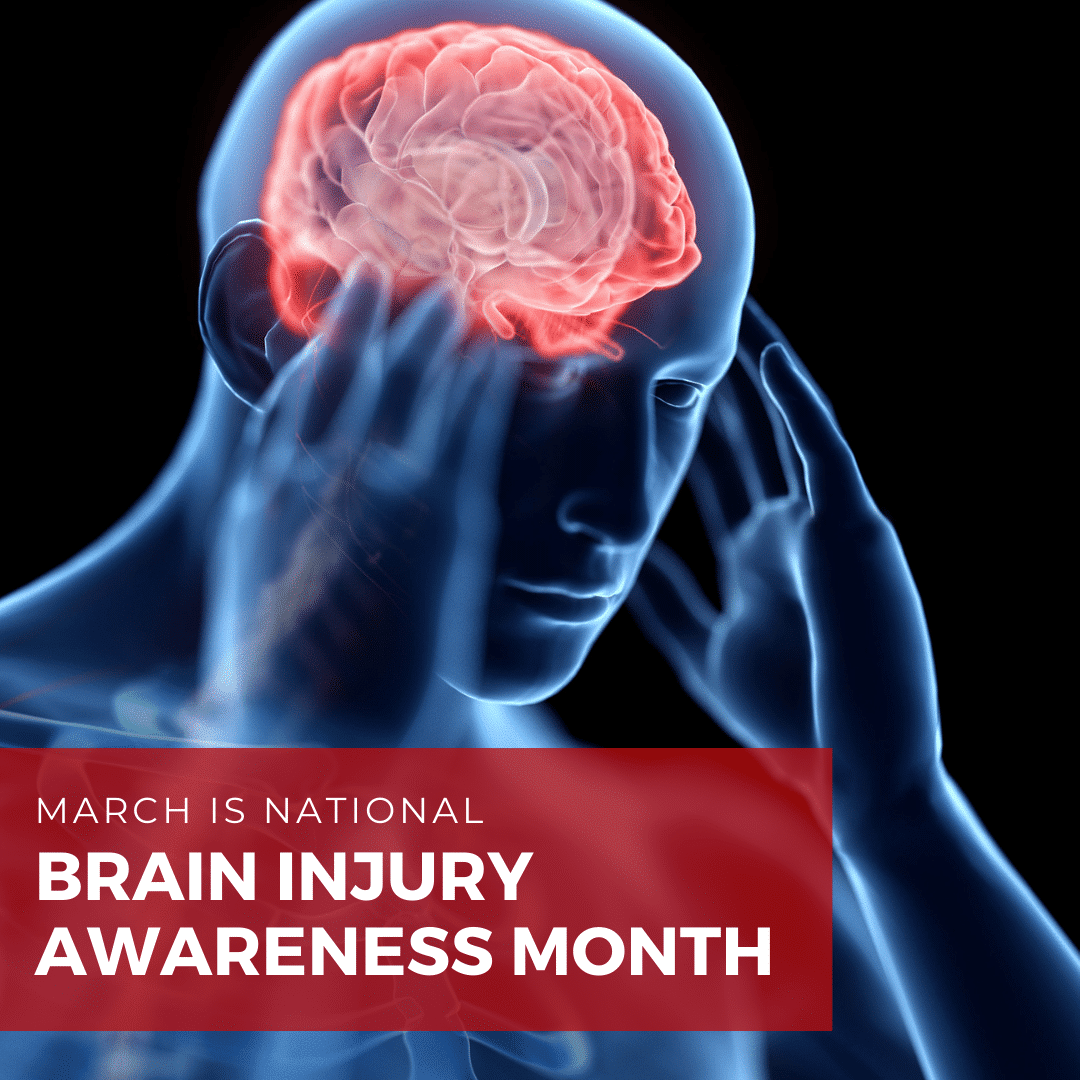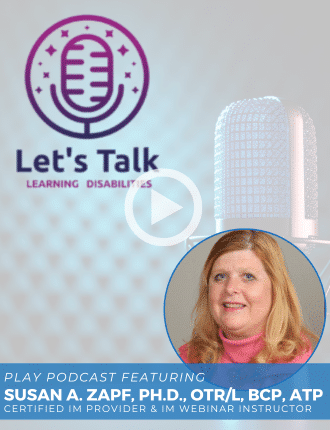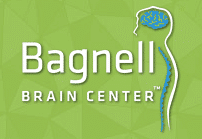March is National Brain Injury Awareness Month
Brain injuries are very different than any other injury because our brain stores all of our memories, controls our movements, and shapes our personality; the brain is truly the essence of who we are. Brain injuries often lead to multiple complications, such as seizures, coma, fluid and pressure in the skull, infections, nerve damage, blood vessel damage, and cognitive deficits that can result in behavioral and emotional changes. Individuals often find that they have trouble with memory, problem-solving/decision-making skills, attention, language/speaking, writing, impulse control, anxiety, depression, balance, and hand-eye coordination. Learn how Interactive Metronome® can help brain injury sufferers by working to physiologically change the functional brain networks that control rhythm and timing.






 These alternative treatments — electrotherapy stimulation, low-energy neurofeedback, working memory training, and interactive metronome — can help attention deficit adults and children manage ADHD symptoms without medication.
These alternative treatments — electrotherapy stimulation, low-energy neurofeedback, working memory training, and interactive metronome — can help attention deficit adults and children manage ADHD symptoms without medication.
 Some parents have asked me if they could just use a regular musical metronome and get the same results as Interactive Metronome at home or IM-Home. A standard metronome is typically used by musicians to help them practice the tempo of music. They have also been used in traditional therapy to help patients with their timing and rhythm, however there is one piece that is missing. – FEEDBACK!
Some parents have asked me if they could just use a regular musical metronome and get the same results as Interactive Metronome at home or IM-Home. A standard metronome is typically used by musicians to help them practice the tempo of music. They have also been used in traditional therapy to help patients with their timing and rhythm, however there is one piece that is missing. – FEEDBACK!